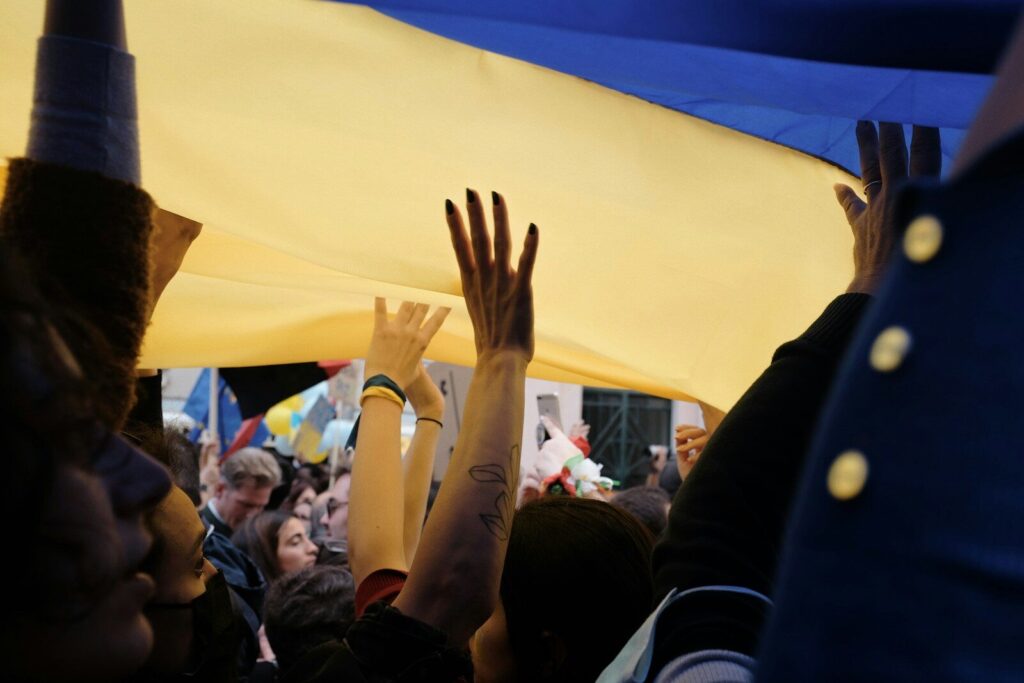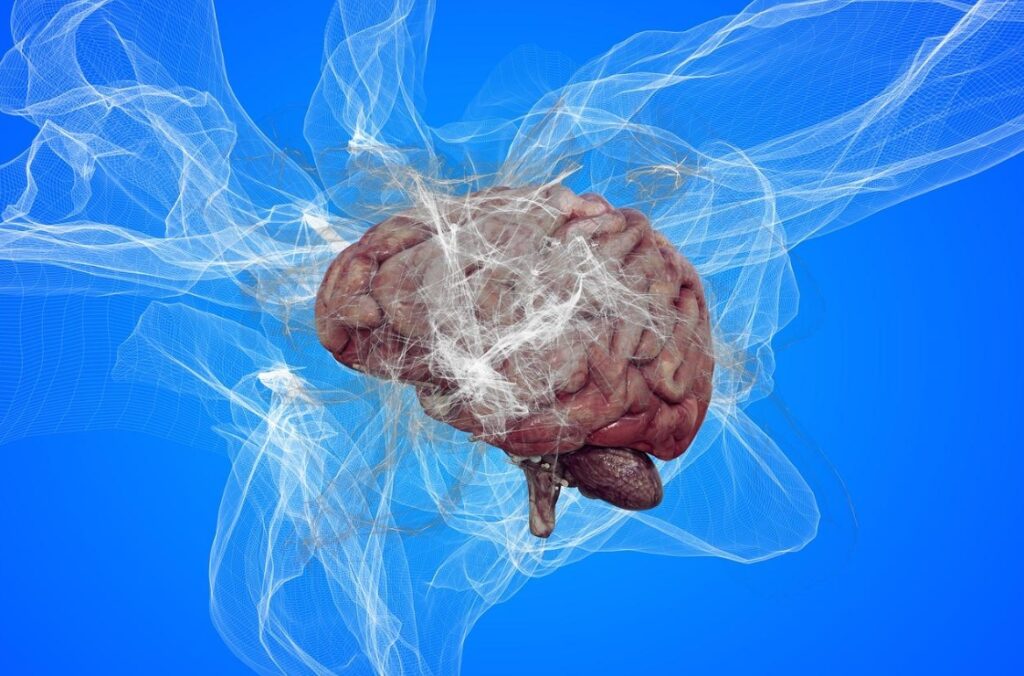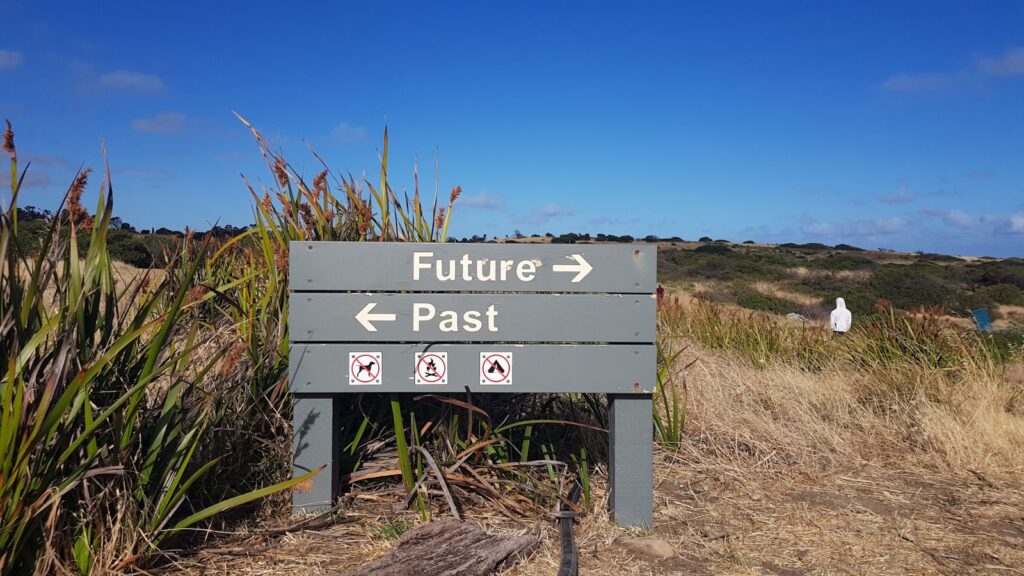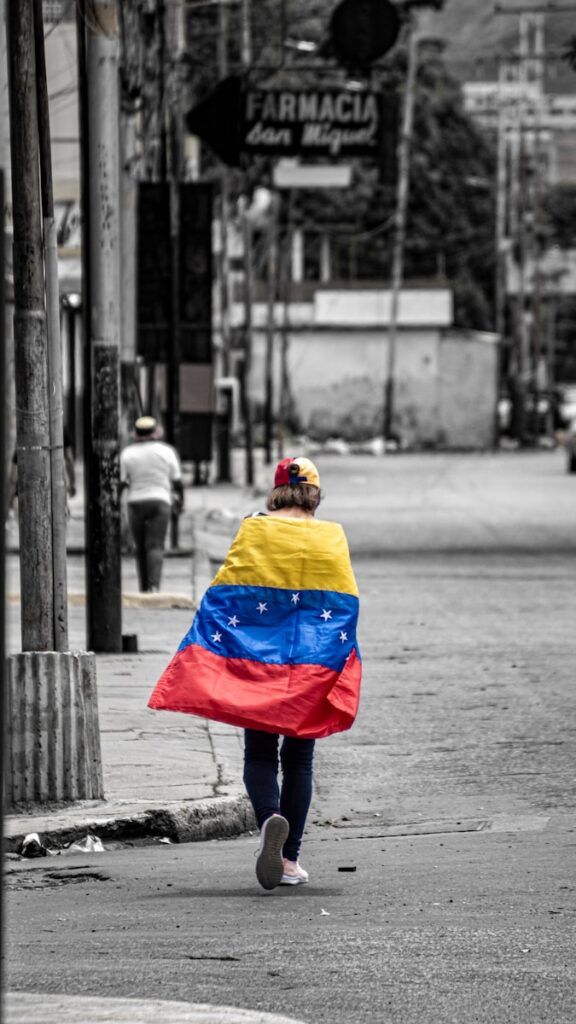
Ukraine’s Accession into the EU: Monitoring Update
BY
Bendukidze Free Market Center / February 16, 2026
In the end of 2025, progress on Ukraine’s reforms showed mixed results. While there was some improvement in certain areas, others slowed down or even raised concerns.




![2025 – Year of Challenges and Uncertainty [4liberty.eu Newsletter] 2025 – Year of Challenges and Uncertainty [4liberty.eu Newsletter]](http://4liberty.eu/phidroav/2025/02/newsletterfin-1024x1024.png)
![Wolfgang Münchau on His New Book “Kaput. The End Of The German Miracle” [INTERVIEW] Wolfgang Münchau on His New Book “Kaput. The End Of The German Miracle” [INTERVIEW]](http://4liberty.eu/phidroav/2026/02/Munchau-Wolfgang_High_Res_bw_no_credit-scaled-wpv_470pxx-1024x724.jpg)





